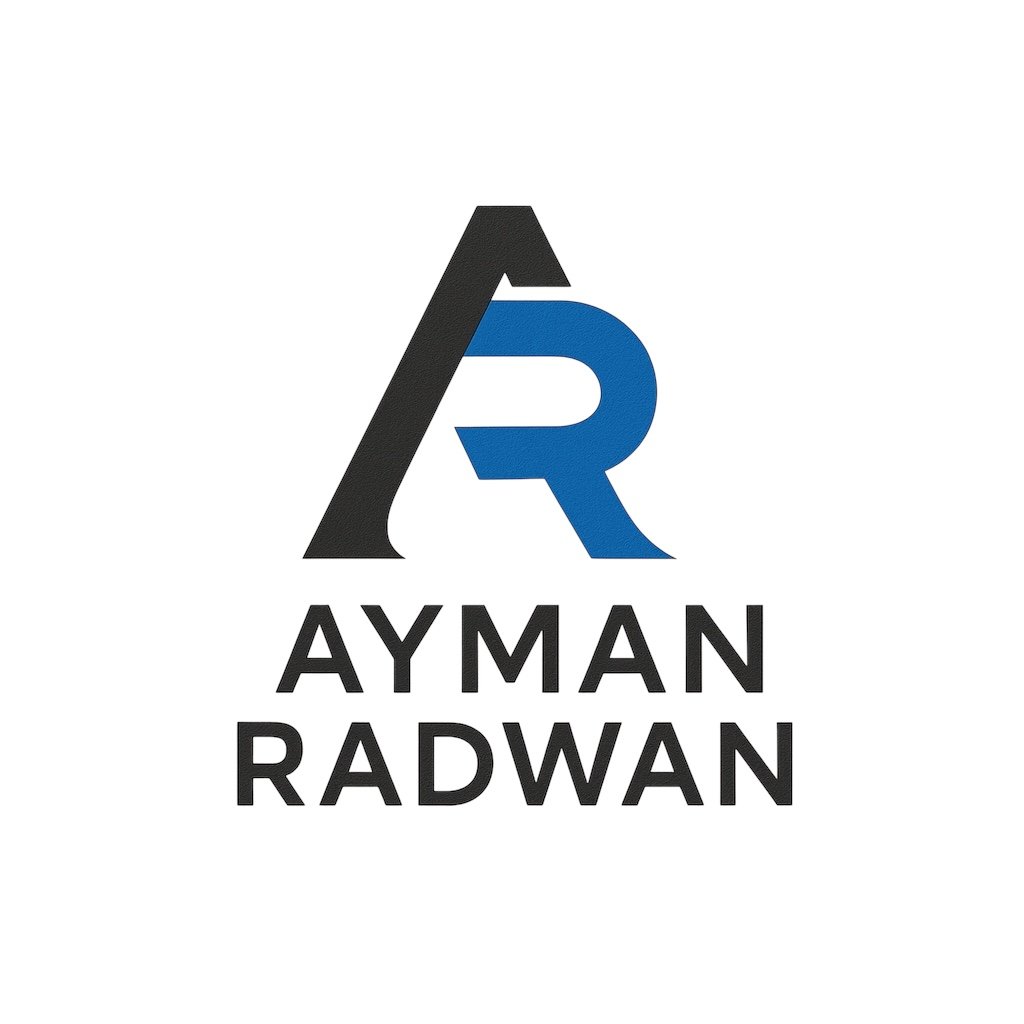In broadcasting, downtime isn’t just inconvenient—it’s costly. That’s why many organizations are now adopting AI predictive maintenance in broadcast studios, powered by cloud platforms, to keep operations running smoothly. This shift from reactive fixes to proactive monitoring is cutting costs, preventing failures, and delivering the reliability that live broadcasting demands.
1. Real-Time Monitoring with Smart Data
Today’s studios are equipped with IoT sensors on cameras, lighting rigs, audio systems, and HVAC systems. These sensors track critical data points—temperature, vibration, and power consumption—and feed them into cloud-based platforms. AI continuously analyzes this data, giving engineers real-time insights across all sites. With this visibility, teams can address issues before they interrupt production.
2. Predictive Analytics to Stay Ahead
Instead of waiting for equipment to fail, AI uses historical and live data to spot early warning signs. Subtle changes—a spike in heat, an unusual vibration—are enough to flag potential problems. By catching these signals early, studios prevent costly breakdowns and ensure broadcasts stay uninterrupted.
3. Smarter Maintenance Scheduling
AI doesn’t just detect problems; it prioritizes them. Automated alerts guide engineers on what to fix first, ensuring essential systems get attention without wasting time on unnecessary checks. This keeps workflows efficient and reduces unplanned downtime.
4. Cutting Costs with Just-in-Time Maintenance
Routine maintenance often leads to unnecessary servicing. Predictive maintenance flips that model, focusing only on what equipment truly needs. This approach reduces servicing costs, extends equipment life, and even streamlines spare parts inventory by forecasting replacements in advance.
5. Remote Diagnostics for Faster Response
With AI-powered cloud platforms, engineers can troubleshoot remotely, often solving problems before arriving on-site. Whether supporting a single control room or a multi-site network, this capability speeds up repair times and helps keep productions on track.
Key Benefits for Broadcasters
- Minimized Downtime: Issues resolved during off-air hours avoid disruptions.
- Lower Costs: Fewer emergency repairs and longer equipment lifespans.
- High Reliability: Critical systems perform at peak during live broadcasts.
Leading Platforms Driving This Shift
- IBM Maximo: Advanced asset management for complex studio infrastructures.
- Siemens MindSphere: IoT-powered monitoring and analytics at scale.
- Microsoft Azure IoT: Flexible, cloud-based oversight for multi-site operations.
Real-World Applications
- Proactive Monitoring: IBM Maximo tracks sensitive servers and flags temperature risks before they escalate.
- Centralized Oversight: Azure IoT helps broadcasters manage studio assets across regions from a single dashboard.
- Predictive Maintenance for OB Vans: AI ensures outside broadcast units stay reliable during live coverage. For more about OB van trends, see Broadcast Bridge.
Practical Adoption in Broadcasting
While AI-driven predictive maintenance is transforming operations, adoption varies across the industry.
- Large broadcasters and 24/7 networks are leading the way, using enterprise platforms like IBM Maximo or Siemens MindSphere to manage critical infrastructure at scale.
- Mid-size broadcasters are increasingly turning to cloud-first tools, such as Microsoft Azure IoT, to gain centralized oversight without the complexity of heavy systems.
- Smaller studios and production houses may not yet implement full predictive systems but are starting with remote diagnostics, IoT sensors, and cloud monitoring as cost-effective first steps.
The common thread: no matter the scale, predictive maintenance is moving from concept to practice, and studios that start now position themselves ahead of the curve.
Conclusion
AI predictive maintenance in broadcast studios is more than a technology trend—it’s a practical strategy for future-proofing operations. By reducing downtime, controlling costs, and increasing reliability, broadcasters can deliver with confidence, no matter how demanding the schedule.
Studios that embrace these cloud-based innovations now will be better positioned to stay competitive in an industry where reliability is everything.
👉 If you’re exploring how to integrate AI predictive maintenance in broadcast studios, let’s connect and discuss how these solutions can support your next step.

